How Marriage Is Carried Out In Tarok Land. By Abednego Sir Pz
- Home /
- blog post
Marriage is known as "ikam uchar", which is considered also as attainment of social responsibility. An unmarried person of adult age is called "unimpkari". It is expected that any person who attain adulthood should marry and relocate to establish his own home. The significance of marriage is usually demonstrated during the death of an unmarried adult, where the play partners referred to as "onim gha ijam" will mock his exit with a traditional drama. This usually takes place when the remains of "unimpkari" is removed for burrial, then "ocha ga ijam" (women of play partners) will accompany the footsteps of the corpse bearers pouring ashes and a rolling stone, (igbongbar) raining curses on the deceased saying "go and never to return again. Woe unto you, you were born but you never give birth to anybody". This satirical tradition re-enforce marital responsibility among tarok people, because young people are challenged to take social responsibility.
The traditional marriage process usually commences whenever a young man sights an unmarried lady known as "uyenben", then develops interest in her. The first step begins with making advances which is the common body language indicating interest and it is also communication. Thereafter, the man is expected to toast her with a gift, which in the past was not specific but due to cultural dynamics may be toilet soap, cream, a bar of soap or detergent. Once the lady accept these then her toasting rights has been secured, even though such rights is not exclusive. Under tarok traditions multiple dating is acceptable as healthy development until the date of choice, when the lady will be invited to an open ceremony to determine who amongst the numerous toasters is the lucky groom to be. Sometimes there can be as many as five to even nine toasters, but this was then. Today multiple dating is no more unacceptable due to religious adoption of monogamy as marital phenomenon amongst modern tarok people. However, in some rural communities there are relics of these cultural practices till date.
After the collection of gift, the lady will present it to her mother who will advised on the next step to be taken. The mother is the traditional adviser and guidance of a female child in tarok traditions. Thereafter, the man will make an offer for marriage which is known as "nvok igya". At this stage, the man will present to the lady another round of gifts which includes head gear, breast cover, panties, under-wears with bathroom slippers. If accepted the lady will present same to her mother, without disapproval from the mother, dating is deemed to have taken effect. This aspect of the tradition has been modified into what is referred to as "introduction" a borrowed cultural practice from neighbouring communities which is fraud with complexity.
The man having been accepted as a suitor has right of visits to the lady including spending nights in her place, but without any sexual gesture. Once any advances suggesting anything immoral is made then the engagement process will be terminated, as the man is considered as irresponsible. All the gifts received will be returned to the family. But that was then, currently, it has been a subject of moral questions as it is observed more in breach. At this stage, payment of bride wealth which is a process beginning with the lady and terminating with the maternal uncles.
For the lady, it is buying of clothes, a bag of rice, one big basin each of beniseed (izhin) and azul, ananjyol etc. Also, the man will build a round hut guest room referred to as "ijini", where they will stay with his fiancee, whenever he will be spending the night in her place. Even after marriage, it remains a guest room for the visiting family. Due to significance of marriage as an institution, it is believed that the would be couples need a conducive environment for themselves to relates freely with each other. The man will appoint an intermediary known as "nimsel" who shall be responsible for the entire engagement process referred to as nim igwar.
After the lady's entitlements has been discharge, then she will present him to the mother. At this stage, the man will bring wrappers depending on the demand but not less than four and not exceeding twelve. Also, a big basin each of izhin, azul and a bag of rice. For the father is a big gown (agbada) with trousers, the inner shirt with shoes. The young man will mobilize community labour of not less than 30 able young men to his father-in law’s farm, at least once but can be more depending on his capacity.
Thereafter, he will also give "adir khaa godo", for the maternal uncles. This is the symbolic evidence of marriage. Any marriage which the man has not perform this rite of giving "adir khaa godo" is not recognized traditionally even if they couples live together for hundred years and has many children. Infact, the children are deemed to be the possession of maternal uncles until it is performed.
It is worthy of note that under tarok traditions, nobody will fix a day for you to come and take his daughter under his watch. On the completion or substantial performance of engagement process, the man will arrange with the lady a date to elope in the night. The following day of eloping the family of the groom will send emissary to the bride's family informing them of the whereabout of their daughter. The emissary will present a gift to the in-laws known as "atiba igwar", which is usually accepted but sometimes it is rejected and the mission is repeated severally. On some occasions the bridal emissary is attack by the brides family, where this happens, it is believed that the marriage is bless by evidence of the resistance, but the groom family will not be deterred.
Today, the traditional process of engagement has been monetized, whereby, at every stage fixed monetary value instead of gifts which normally determines traditional bride wealth. It has been argued that monetization has reduced the cumbersome traditional processes, but to others monetizing bride wealth reduce the human value because it is like placing a price on the lady. Either way it is considered, the fact remains that tarok traditions like others has been influenced by the import of western civilization. However, much of the relics are identifiable in the modified practices.
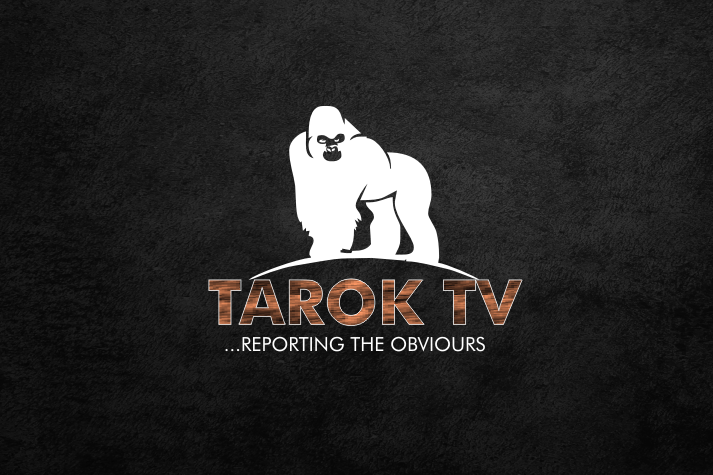
About Admin - Admin
TarokTv, ...Reporting the obvious.
Contact
Phone number: 07062319173
Email: [email protected]
Reach out to us with any news or article.
leave a comment
11 comments
Latest Articles
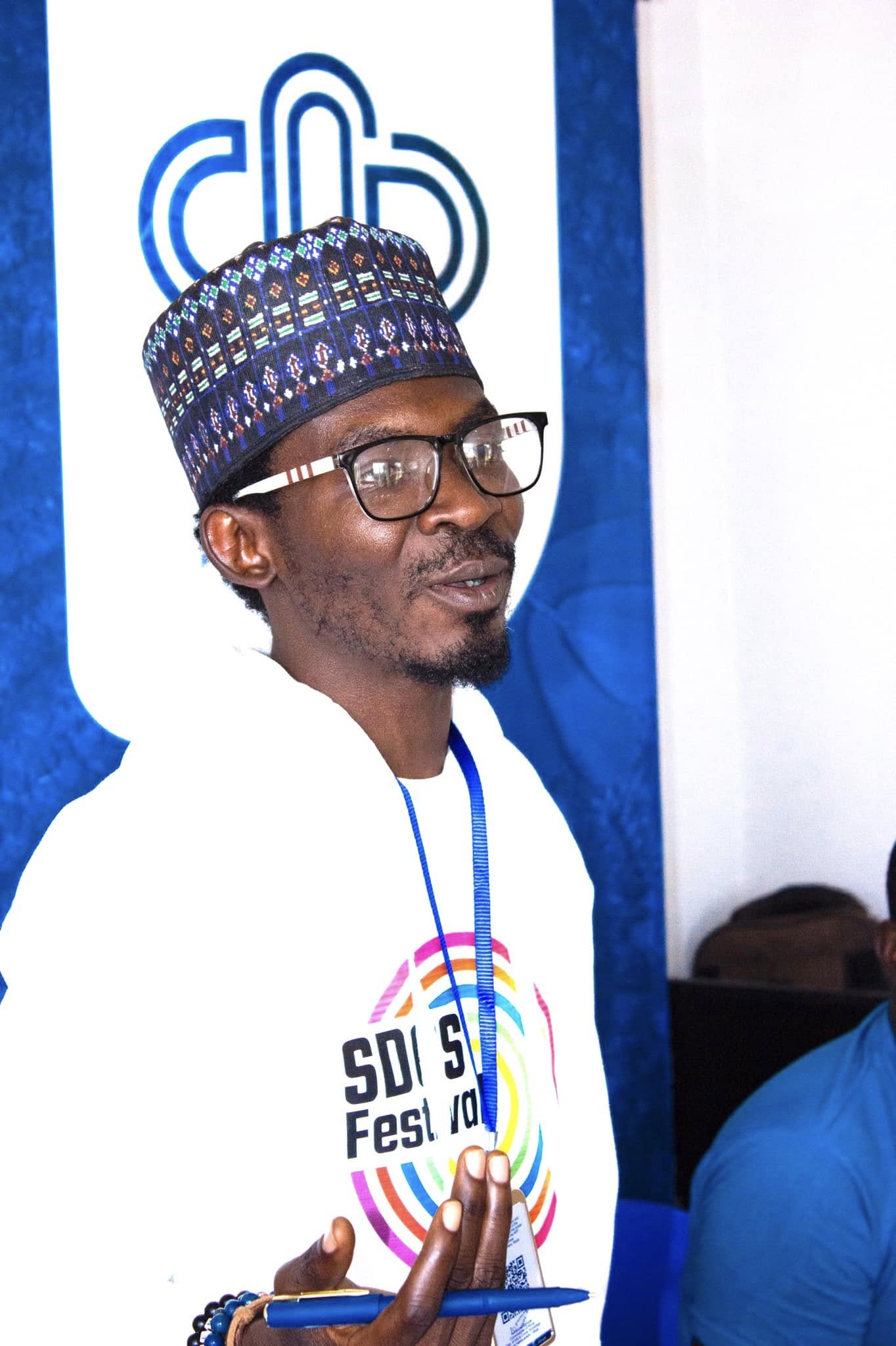
Success leaves clues, and those who seek to make a difference must study the lives of those who…
read more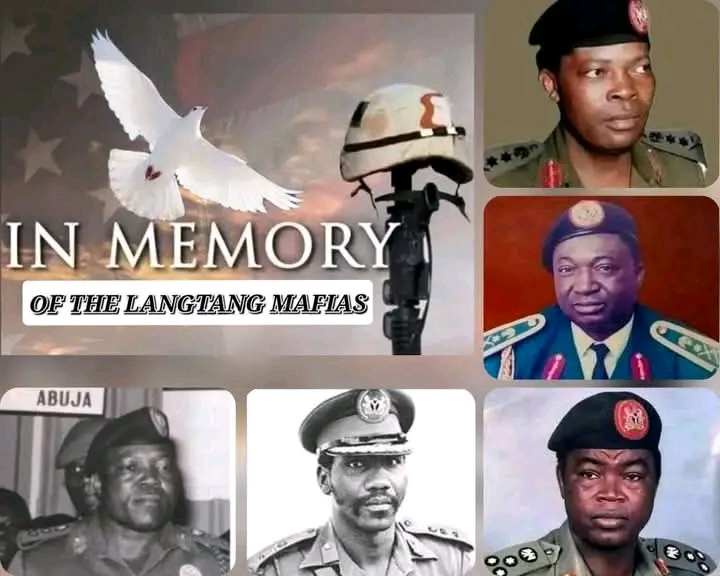
Langtang, a town in Plateau State, Nigeria, is not just another dot on the map but a significant origin for…
read more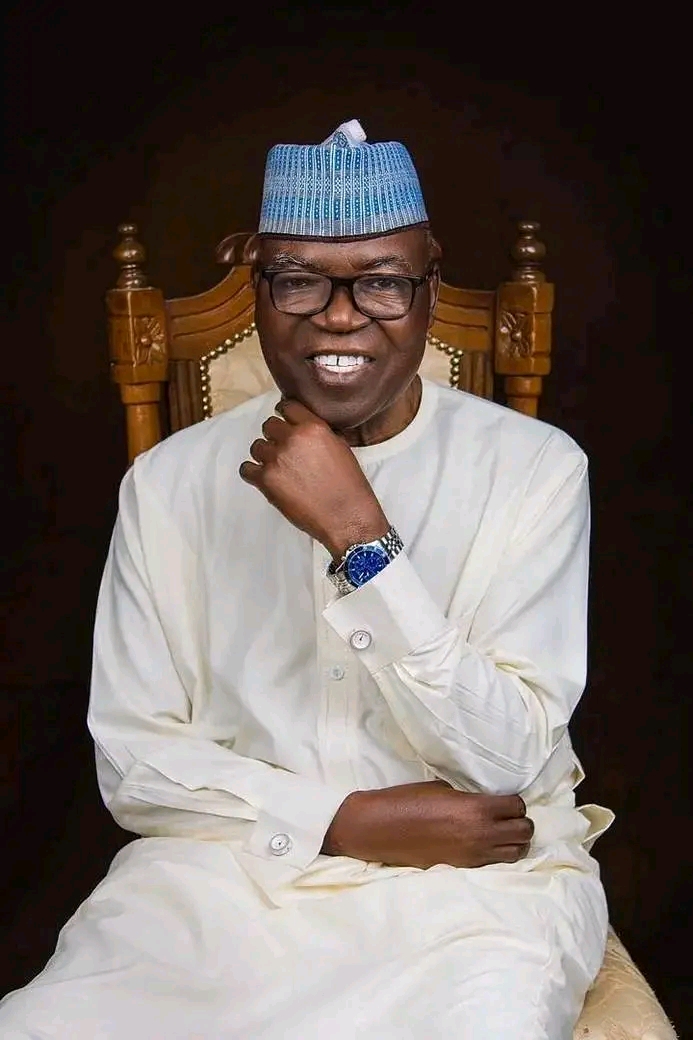
Brief Biography of Gen. (Senator) Jeremiah Timbut Useni
Early Life and Education:
Jeremiah Timbut Useni, often referred to as "Jerry Boy," was born on February 16, 1943,…
read more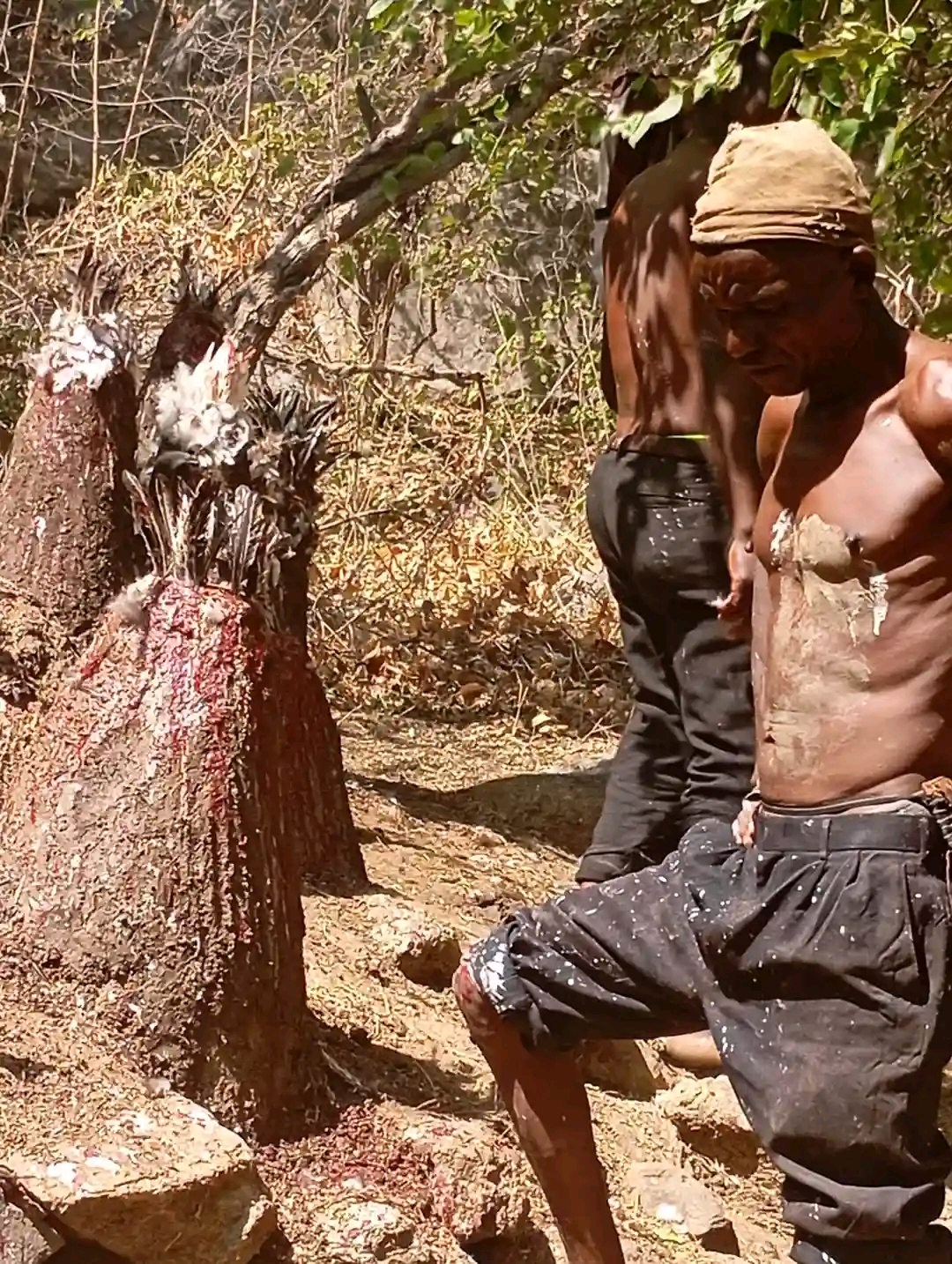
The Ibiari: A Sacred Tradition in Tarok land
The Ibiari Oga Sa festival, an annual tradition in Tarokland, was celebrated today as part of the year-end observance marking…
read more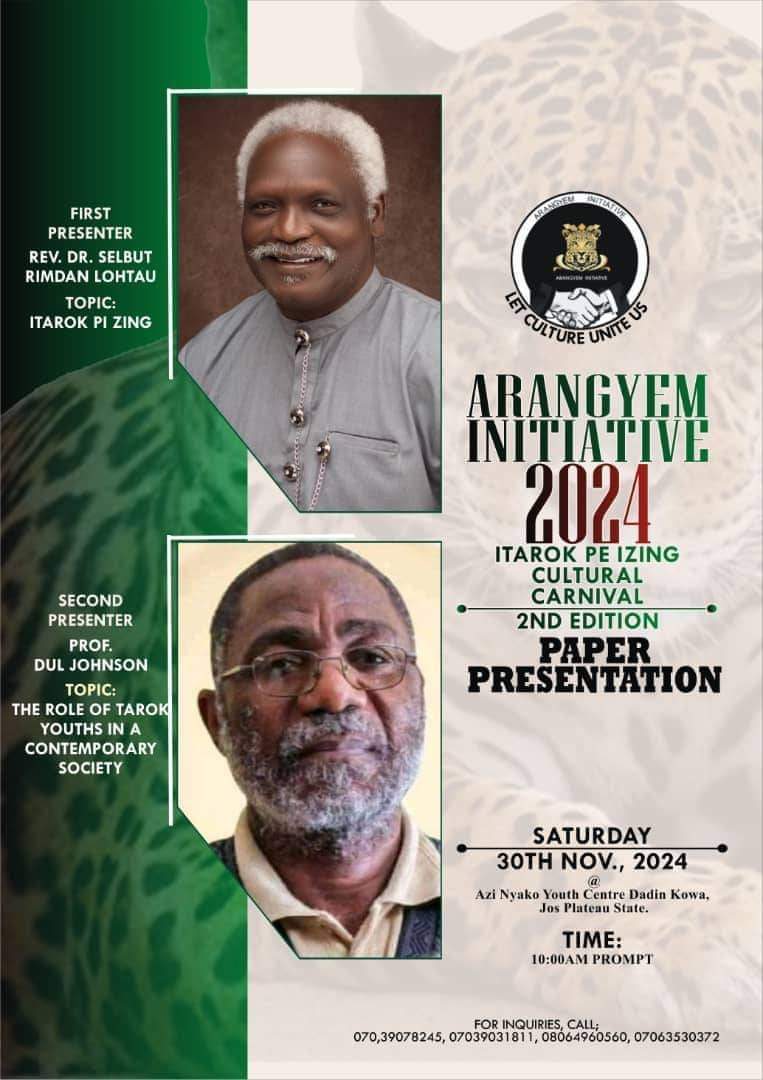
ITAROK PA IZING BY REV. DR. SELBUT LONGTAU
A PAPER PRESENTATION AT ITAROK PA IZING 2ND CARNIVAL HELD AT THE AZI NYAKO YOUTH CENTRE, JOS, 30TH NOVEMBER, 2024
… read more
TarokTv News: The Return of "Gathering of Bookworms" - A Literary Revival in Langtang North/South
TarokTv is thrilled to announce the upcoming edition of the Gathering of Bookworms, a celebrated event aimed at uniting the…
read moreLatest Albums
Recent videos
Copyright © 2020 - TarokTv designed by Taroktv Media.

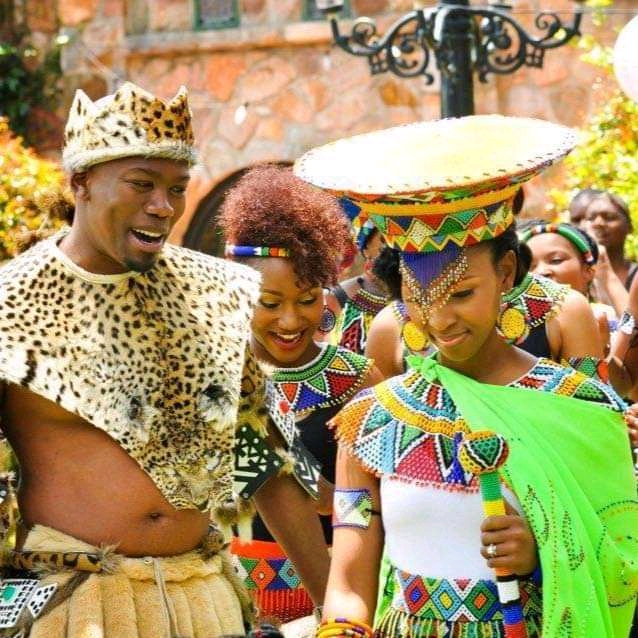
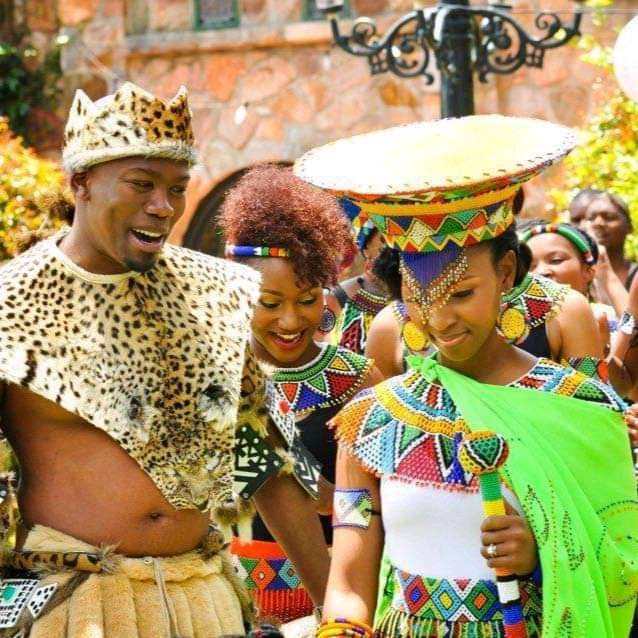
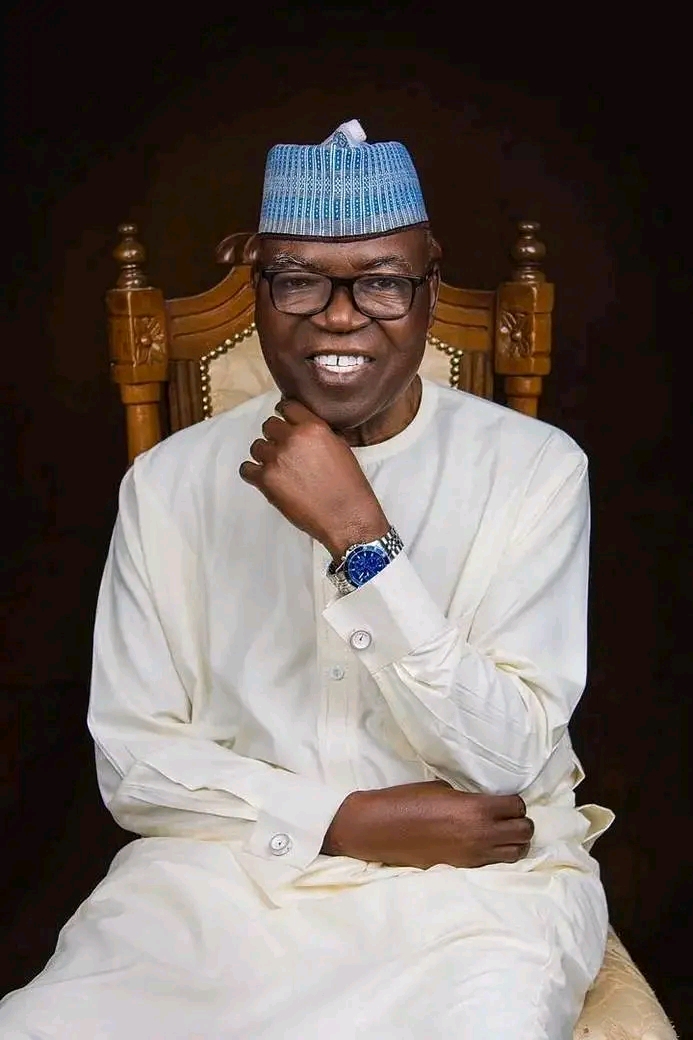
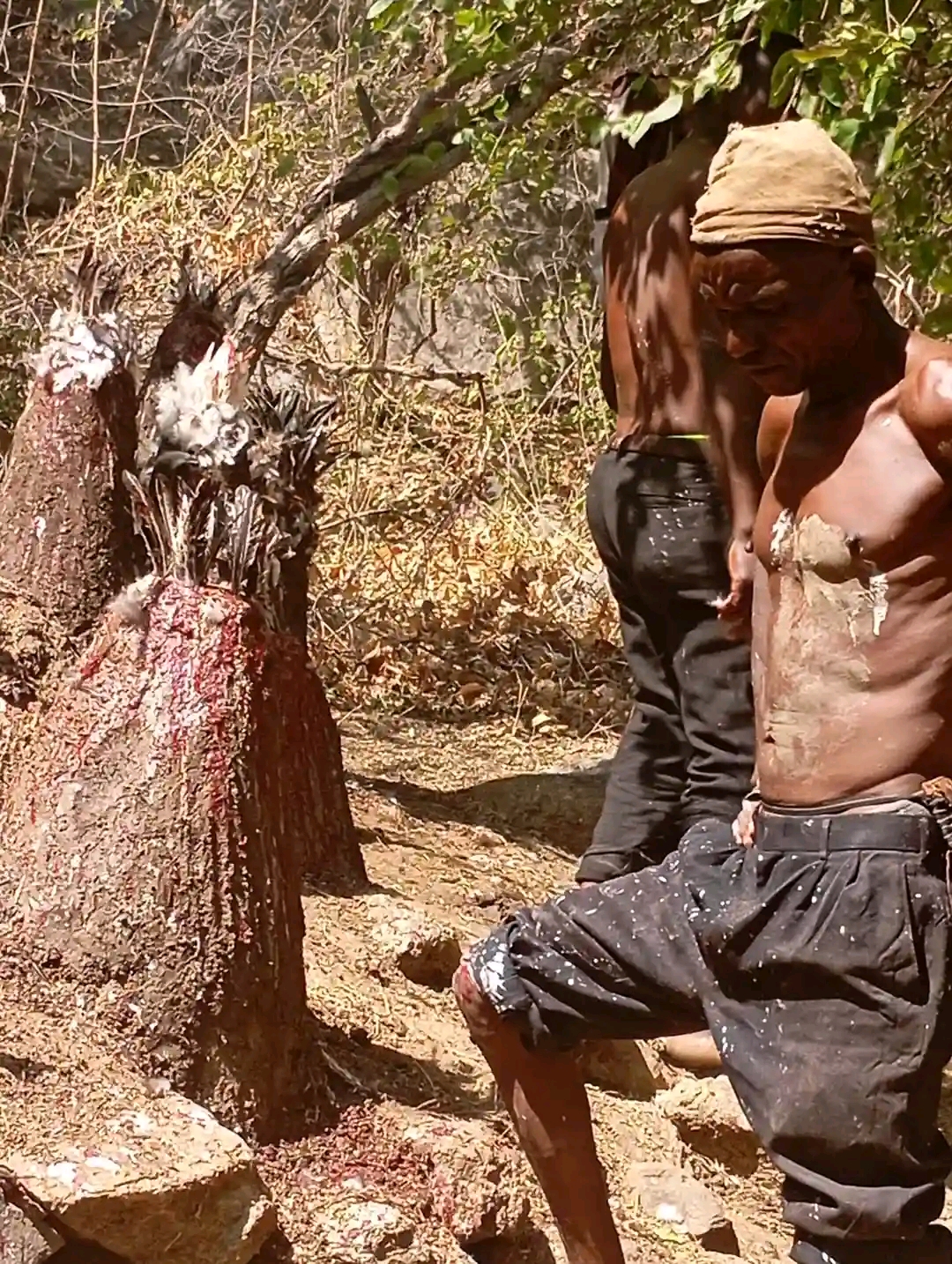
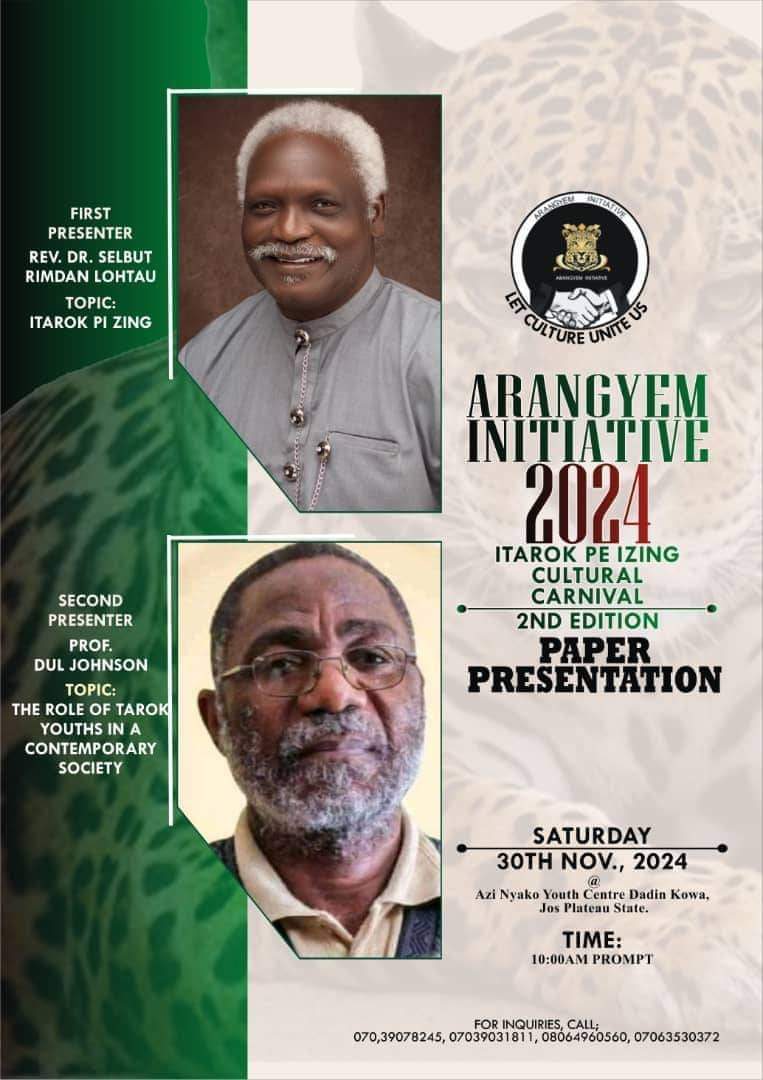
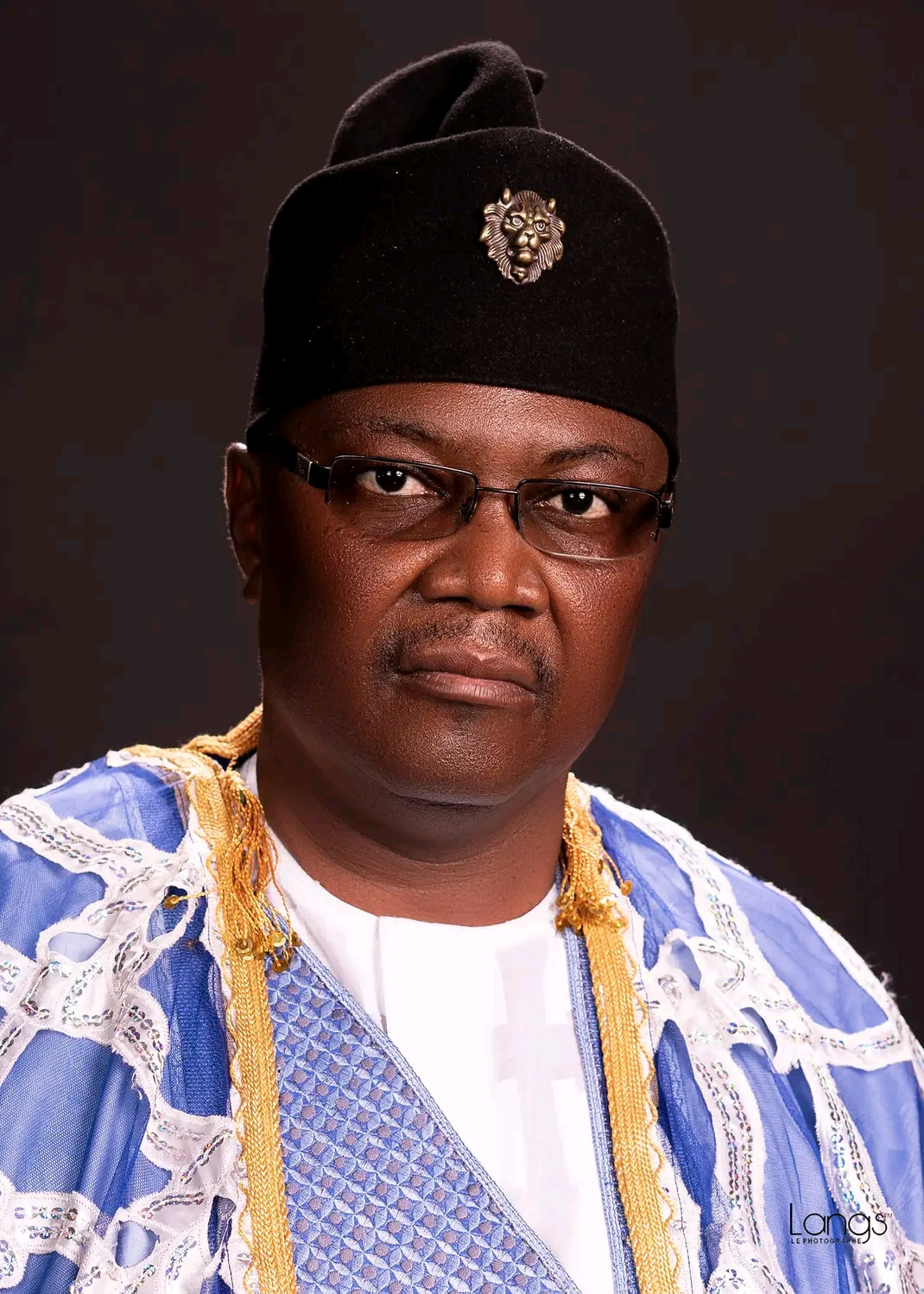

Thanks so much, i